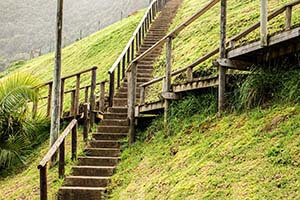We all make decisions every day, usually a lot of them, some more important than others. Almost none of these choices are made under optimal decision-making conditions.
One condition that can complicate decision-making is uncertainty.
Sometimes we can’t reliably predict the results of our decisions. We can’t figure out the probable outcome. We don’t know all of the possible alternatives, and we can’t estimate the probabilities. Important information may be lacking, and a strategy that may have been optimal in the past might not work now.
Some situations may also simply be too novel to provide any useful data, so we can’t rely on probability or statistics to guide us. Any analytical approach we attempt to take to the problem will likely lead to significant prediction errors.
Uncertainty inherently involves inaccurate or incomplete information. Therefore, to make fast, accurate decisions under uncertainty, we may need to rely on cognitive strategies that deliberately ignore some information.
Fast and Frugal Heuristics for Making Decisions Under UncertaintyRead More »



